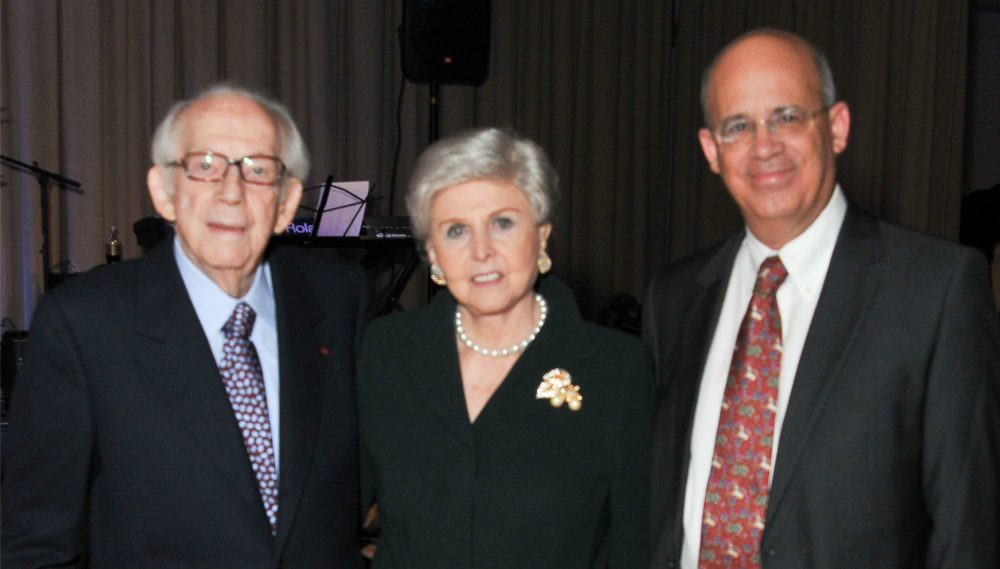



The Baillie Gifford Prize recognizes English-language books from any country in current affairs, history, politics, science, sport, travel, biography, autobiography and the arts. “If anything, some of the pressure that I got persuaded me that I was probably on the right track.” “It wasn’t a situation where I ever thought about bailing, particularly under pressure from the family,” he told The Associated Press. federal judge gave conditional approval to a settlement that would remove the family from ownership of Purdue and reorganize the business into a charity-oriented company whose profits would go to government-directed efforts to prevent and treat addiction.Īccepting the prize, Keefe thanked “all of the many lawyers who advised me about what to do with all the incoming mail” when facing threats from the Sackler family during his work on the book. Sackler family members have denied wrongdoing, although their company has pleaded guilty twice to federal crimes over their opioid practices. Some opioid deaths have been attributed to Ox圜ontin and other prescription painkillers, though most are from illicit forms of opioids such as heroin and illegally made fentanyl. Institutions including Britain’s National Portrait Gallery and the Tate galleries have stopped taking the family’s donations due to its role in the opioid crisis, which has been linked to more than 500,000 deaths in the U.S. “In a lot of ways it’s a story about denial.”Īmid protests over its role in the opioid business, the Sackler name has been removed in recent years from wings and galleries at institutions including the Louvre in Paris and the Serpentine Gallery in London. “I think in some ways it’s a story about hubris,” he said. Keefe said it was “a portrait of three generations of one family behaving very badly, but also on a deeper level a story about systems and about impunity.”


 0 kommentar(er)
0 kommentar(er)
